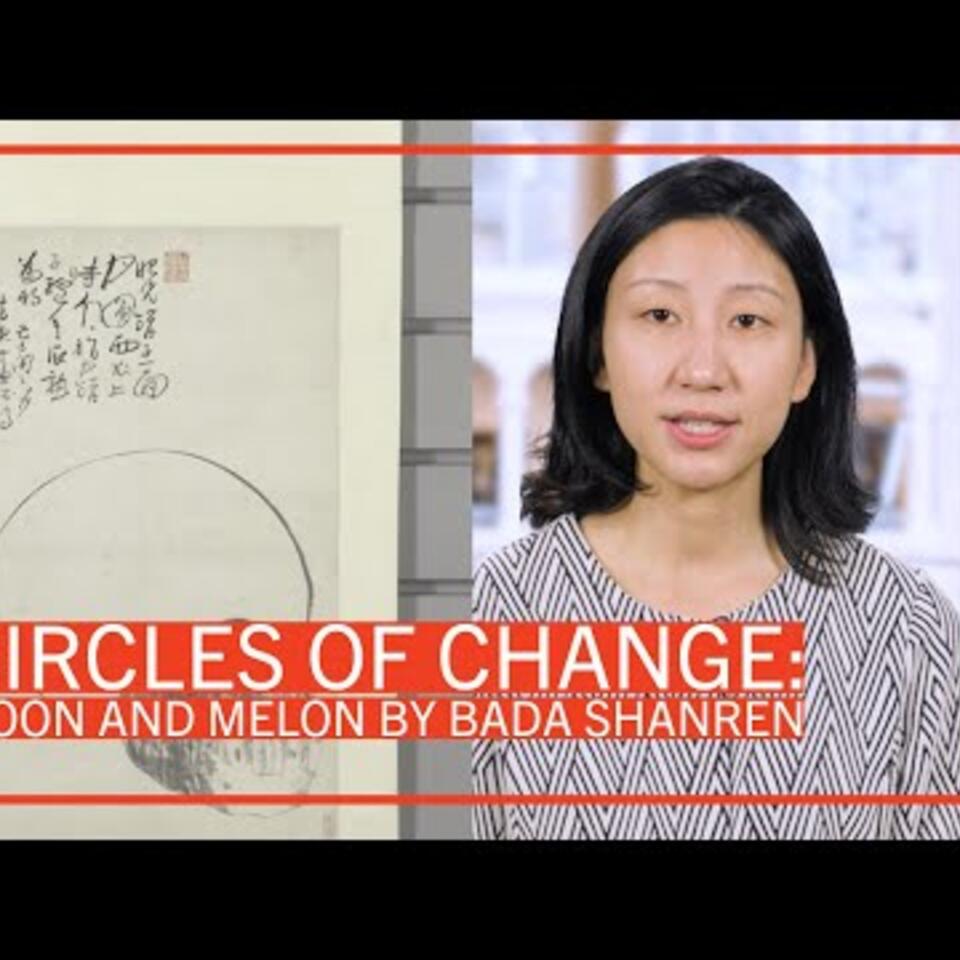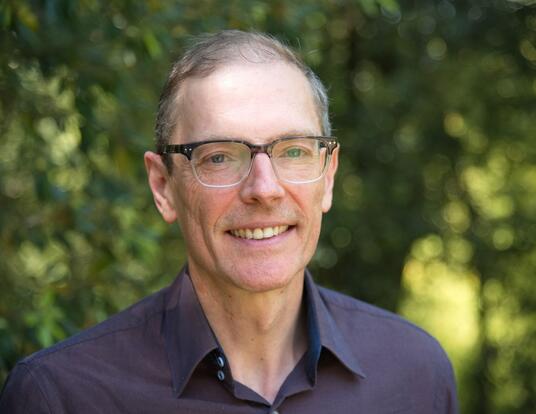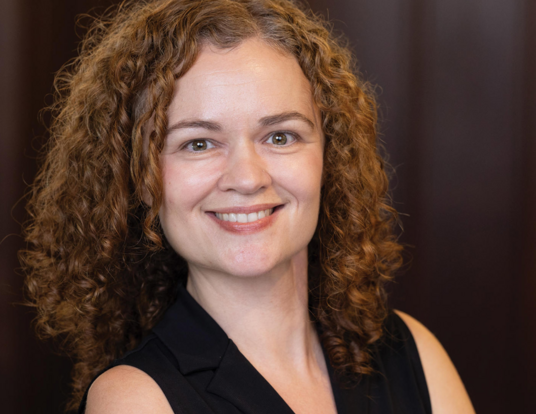Addressing a Gap
Pursuing a master’s degree in regional studies–Russia, Eastern Europe, and Central Asia helped Sebastian Engels prepare for a career as a foreign area officer.
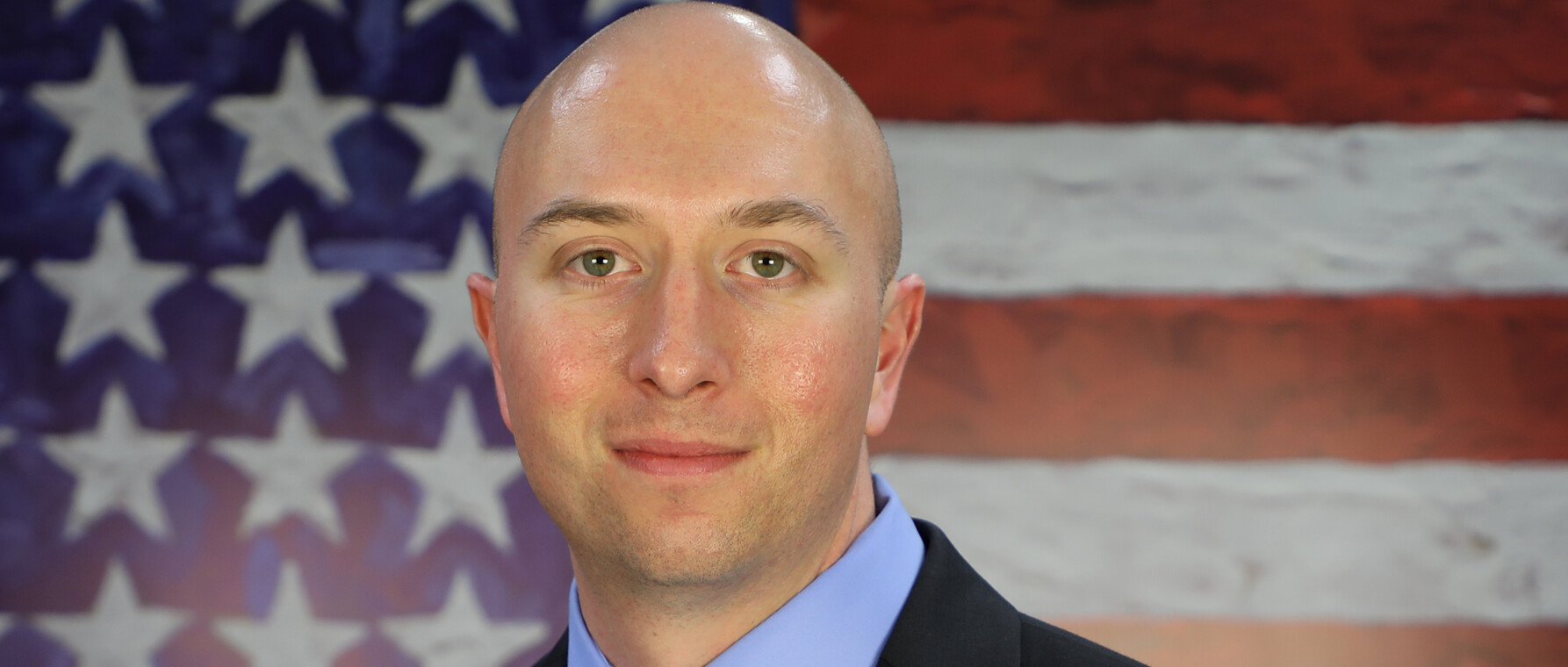
When US Army Major Sebastian Engels and his family moved to Tbilisi, Georgia, in the Caucasus region of Eurasia, some of their furniture and moving boxes ended up diverted to Atlanta. “People just made the assumption we were headed that way,” says Engels. “Now I always lead with ‘the country of Georgia,’ whenever I talk about it.”
In Tbilisi, Engels works on security cooperation as a Eurasia Foreign Area Officer (FAO). “Security cooperation runs the realm of everything from joint military exercises and exchanges to equipment deals,” he says. Engels’ journey to become an FAO was a long one: After eight years as an armor officer in the US Army, he applied to and was selected to become an FAO. He then spent a year in Monterey, California, learning Russian, another year doing in-region training in Eastern Europe and Central Asia, and finally a year at Harvard, where he received his master’s degree in regional studies–Russia, Eastern Europe, and Central Asia (REECA) in November 2018. “And now I’m here,” Engels says, speaking from Tbilisi.
Grand Tour: Eurasia Edition
As an armor officer, Engels worked with ground combat units and led soldiers into combat on two occasions. His work also brought him in contact with FAOs and he found the lifestyle fascinating. “Who wouldn’t want to travel the world, meet new people, and give advice at really high levels?” he asks. The FAO position also required learning a new language and attending graduate school, two things that were high on Engels' priorities list. “I really thought that this lifestyle would be a perfect fit for my wife and kids,” says Engels. “And so far, it has been.”
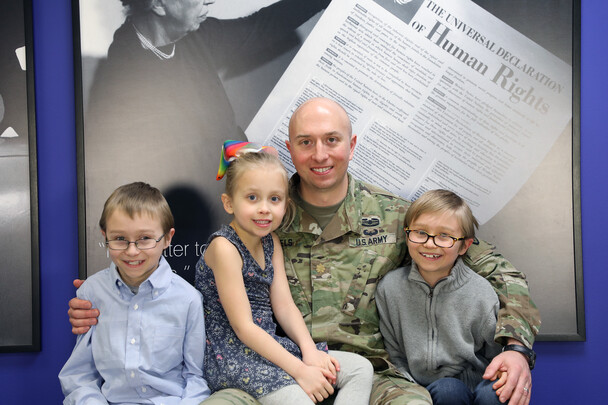
During his in-region training, Engels spent time doing mini internships, which involved working at an embassy and completing special projects. At the same time, he was also traveling through the region, becoming acquainted with the area that would become the focus of his work. For instance, while in Kazakhstan for two months, Engels also travelled to Uzbekistan, Kyrgyzstan, and Tajikistan, meeting with military personnel as well as State Department employees at the various embassies. “And we supplemented that with cultural tours to museums and sites,” he adds, such as Khiva and Samarkand, two ancient cities in Uzbekistan with mosques and buildings that have been there for centuries.
Engels brought his family along as much as possible. They celebrated the Fourth of July at the US Embassy in Astana, watching a Kazakh band play traditionally American songs. His kids rode horses bareback on the steppes. For Engels, this year was essential for his current role as an FAO. “You can study a place and learn the language and read about it, but it’s not until you’re on the ground that you gain an appreciation for all that has to come together to make it a place.”
Like Coming Home
The one country Engels wasn’t able to visit during his training was Russia. “It’s very challenging for any American, particularly Americans who work in the military, to travel to Russia,” Engels says. “And being a Russian FAO, that meant that there was a large, gaping hole of knowledge when it came to the culture and history of the region.”
This is where his 12 months at Harvard came in. “The amazing professors—Tim Colton and Serhii Plokhii are just two I’ll call out by name—were instrumental in piecing the region’s history together for me,” Engels says. His experience at the Davis Center gave him an appreciation for the intensity of the Soviet experience and the depth with which it has been woven into society even now, almost 18 years after the collapse of the Soviet Union.
While at Harvard, Engels embraced the graduate experience, whether it was biking to class from his home in Arlington or hanging out with his REECA colleagues. “It’s a small program and we’re all equally nerdy about Russia and Eastern Europe, so it made for really fun social events.” His commitment to the graduate school life meant that Engels and his wife, who was working at the Davis Center, had to find creative ways to balance parenthood and work. “I would work from home in the mornings, then pick up my daughter at preschool and we’d drive to Cambridge. Then, my wife and I would do a high-five in the street, she’d jump in the car, and I’d go to class for the next few hours,” Engels says. “It was an exercise in time management.”
Engels grew up in Maine, going to Red Sox games and spending his summers on Cape Cod, and he describes his time in Cambridge as a sort of homecoming. “When my wife and I were looking at graduate schools, we narrowed our choices down to Boston and New York because we really wanted to be back in the Northeast,” he explains. “And this was probably the only time we’d get an opportunity to live there, since there aren’t many army jobs in the region.”
You can study a place and learn the language and read about it, but it’s not until you’re on the ground that you gain an appreciation for all that has to come together to make it a place.
As he did in Kazakhstan during his in-region training time and as he is now doing in Georgia, Engels and his family fully committed to experiencing New England. His kids walked to school with friends every day and Engels raked the leaves that fell from the oak trees that surrounded his house. “Our street was called Blueberry Hill Lane, so you can’t get more New England than that,” Engels says. “It was one of those times that you just didn’t want to end. The upside was knowing that we would be moving to Tbilisi at the end of it.”
Engels and his family are in Tbilisi for a two-year assignment, and they have no idea what life will bring next. “We might go to Washington, DC, where there are a lot of jobs for FAOs, or we might get another country assignment, which would be fantastic,” he says. Engels acknowledges that from the outside, his family’s itinerant lifestyle might look fraught with difficulties—constant moving and having to start over in each new city—but Engels focuses on the positives of the FAO existence: “At the end of the day, you just rack up more and more experiences and meet interesting people. So, overall it’s a win.”
Get the Latest Updates
Join Our Newsletter
Subscribe to Colloquy Podcast
Simplecast


